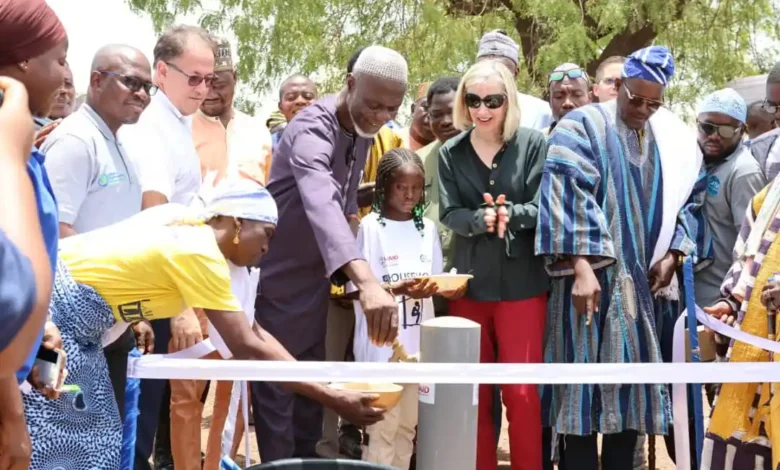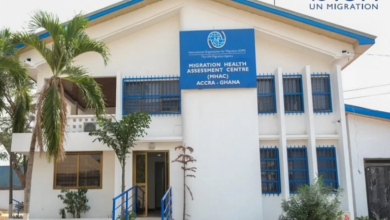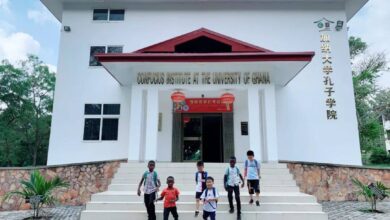U.S. support brings clean water to 20,000 residents in Northern Ghana

The government of the United States through the United States Agency for International Development (USAID) has commissioned two solar-powered water systems in Ghana’s Northern Region.
The water systems are located in the Gushegu Municipality and Nanton District, and will serve over 20,000 residents in nine communities.
“Imagine a world where every household has access to clean drinking water, farmers can irrigate their fields without worrying about water shortages, and small businesses can operate with sufficient water supply. The U.S. will continue to partner with the Ministry of Sanitation and Water Resources, Municipal and District Assemblies, and other key stakeholders to make this a reality,” said USAID/Ghana Mission Director Kimberly Rosen during the commissioning event.
USAID funded the water systems at a total cost of GH₵10 Million (US$877,546) and partnered with Global Communities to facilitate the construction. The project began in February 2023, and ended in March 2024. Each water system consists of two boreholes and a 100 cubic-meter reinforced concrete tank installed at 12-meters high. The boreholes are equipped with submersible pumps, which are solar-powered.
These new water systems are part of the U.S. Government’s Global Water Strategy (2022-2027), and USAID/Ghana’s High Priority Country Plan (2022-2027) which aim to provide 500,000 Ghanaians with new and improved access to safe and climate-resilient water supply by 2027.
USAID has also partnered with the Afram Plains Development Organization to engage communities and promote beneficial hygiene and sanitation behaviors. Through this community outreach, hundreds of households are building and using improved toilet facilities and discontinuing the practice of open defecation.
The United States is Ghana’s largest bilateral development partner. In 2023, USAID’s bilateral development assistance totaling over $140 million was dedicated to supporting water, sanitation and hygiene (WASH), health, economic growth, agriculture, education, governance, and more.




